
Days of Rage in Baltimore and Mexico Days of Rage in Baltimore and Mexico
Protesters on both sides of the border are revolting against the same transnational policing and trade policies.
Apr 28, 2015 / Greg Grandin
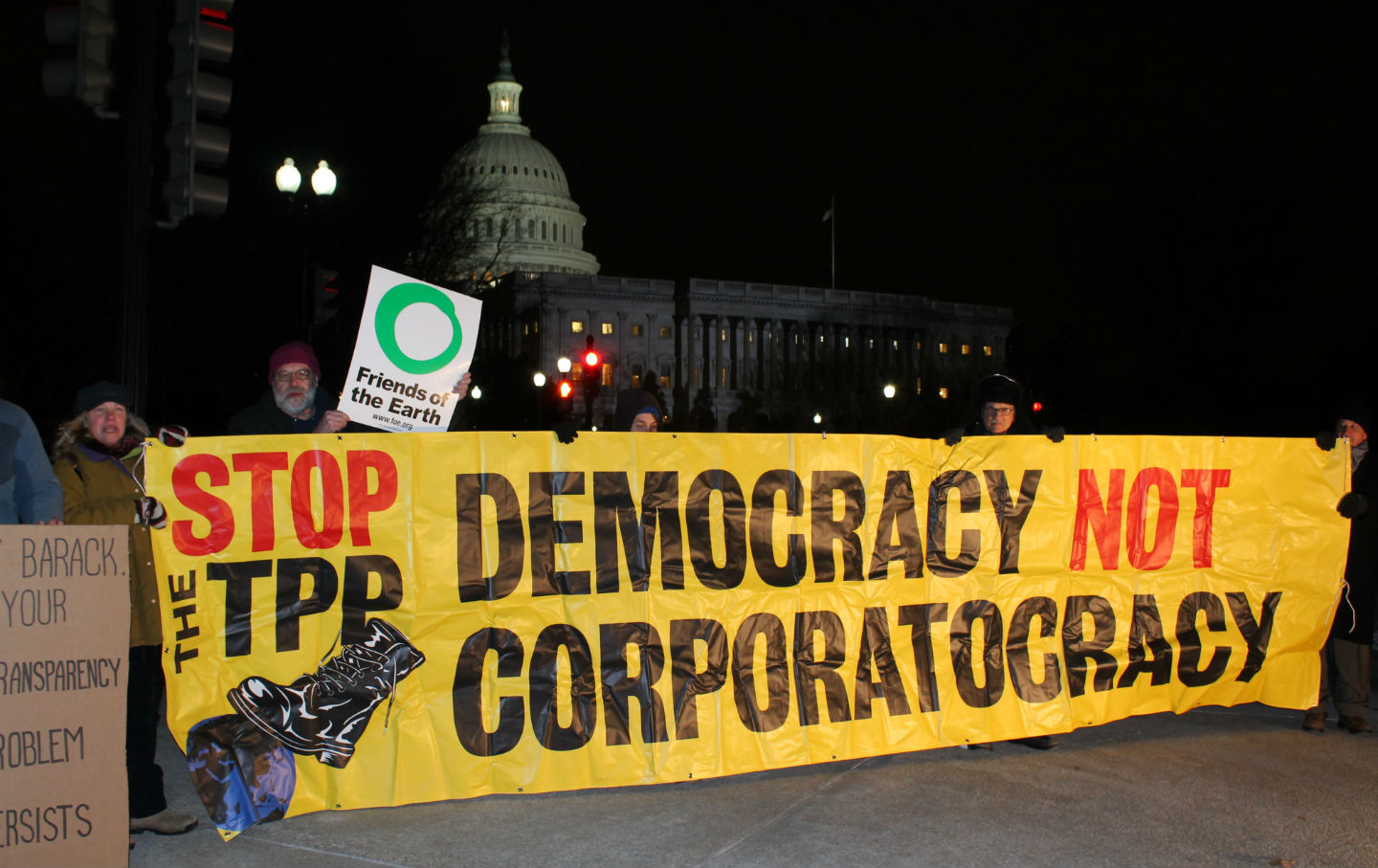
Democrats Prepare for Battle as Fast Track Nears the Senate Floor Democrats Prepare for Battle as Fast Track Nears the Senate Floor
Two leading Senate Democrats blasted the Obama administration for arm-twisting on TPP.
Apr 23, 2015 / George Zornick

Poor People Need a Higher Wage, Not a Lesson in Morality Poor People Need a Higher Wage, Not a Lesson in Morality
David Brooks’ rendition of poverty is as “representative” of people with low-incomes as corrupt corporate titans are of small entrepreneurs.
Apr 22, 2015 / Greg Kaufmann

New York City Just Outlawed Running Credit Checks on Job Applicants New York City Just Outlawed Running Credit Checks on Job Applicants
Why that’s a big win for the poor, people of color, and economic justice in general.
Apr 20, 2015 / Michelle Chen

If Clinton Is Serious About Economic Populism, She Should Come Out Against Fast Track If Clinton Is Serious About Economic Populism, She Should Come Out Against Fast Track
This is the time to break with Obama, and her own past, by siding with labor, environmentalists, human rights activists.
Apr 17, 2015 / John Nichols
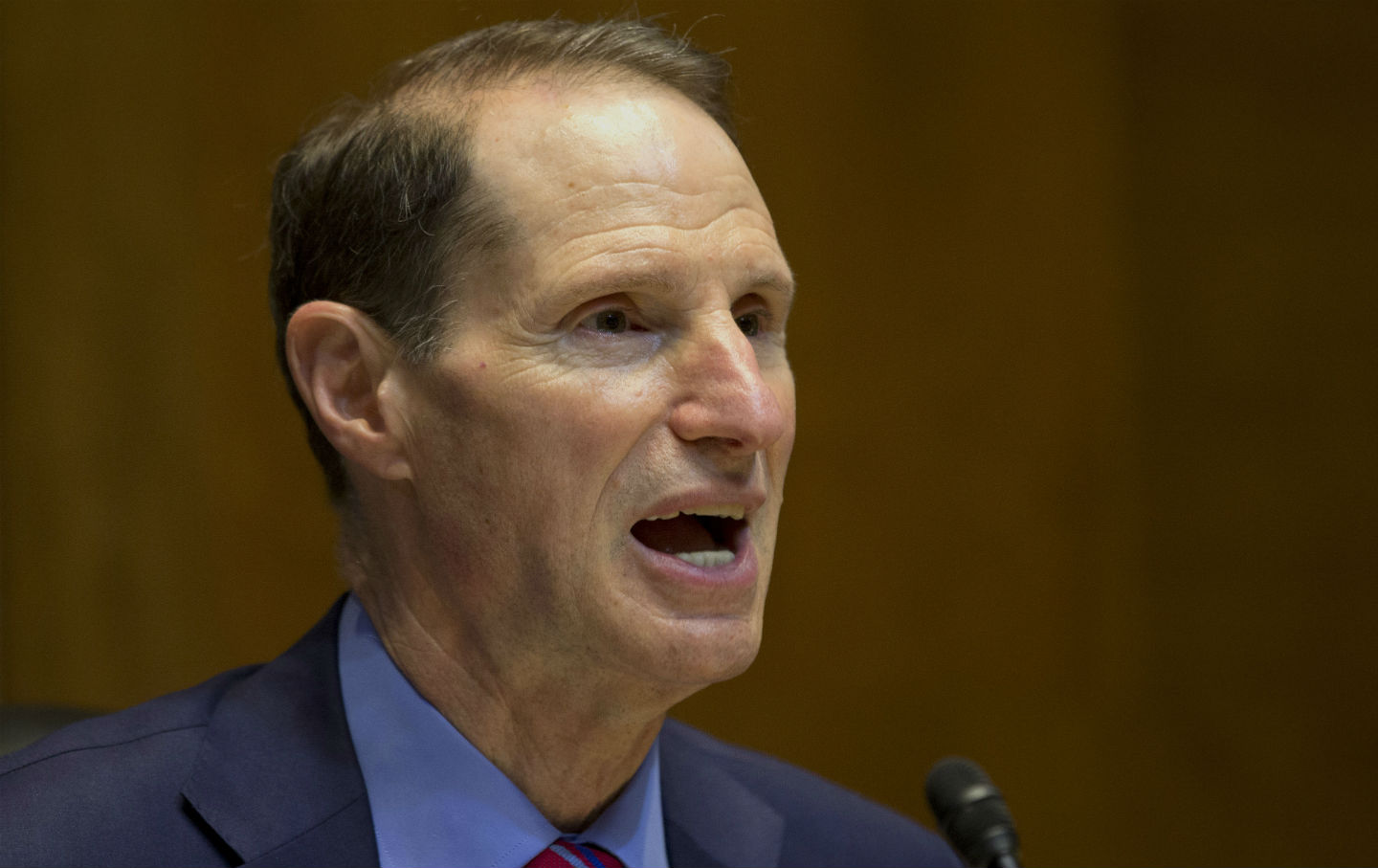
Now Congress Is Fast-Tracking the TPP Fast Track Now Congress Is Fast-Tracking the TPP Fast Track
Members of the Senate Finance Committee found themselves in a fast-track hearing without knowing it.
Apr 16, 2015 / George Zornick

If Elizabeth Warren Were Running for President, This Would Be Her Agenda If Elizabeth Warren Were Running for President, This Would Be Her Agenda
She just provided a blueprint for how Democrats should attack continued financial reform.
Apr 16, 2015 / George Zornick
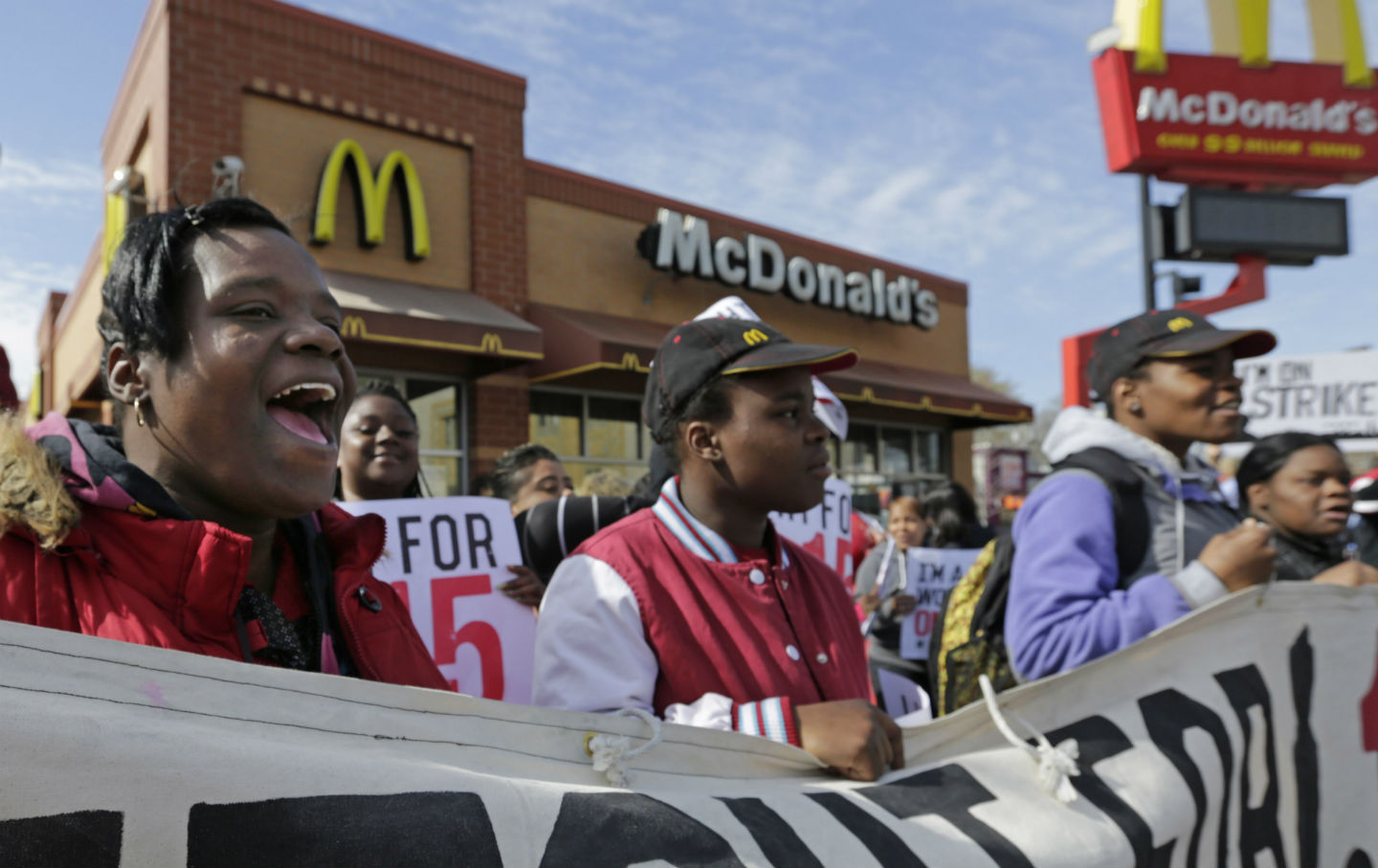
Yesterday’s #FightFor15 Protests Were Big—and the Movement Is Only Growing Yesterday’s #FightFor15 Protests Were Big—and the Movement Is Only Growing
Yesterday’s strikers ranged from retail and fast food workers to adjuncts and caregivers—all those ousted from the 1 percent economy.
Apr 16, 2015 / Michelle Chen
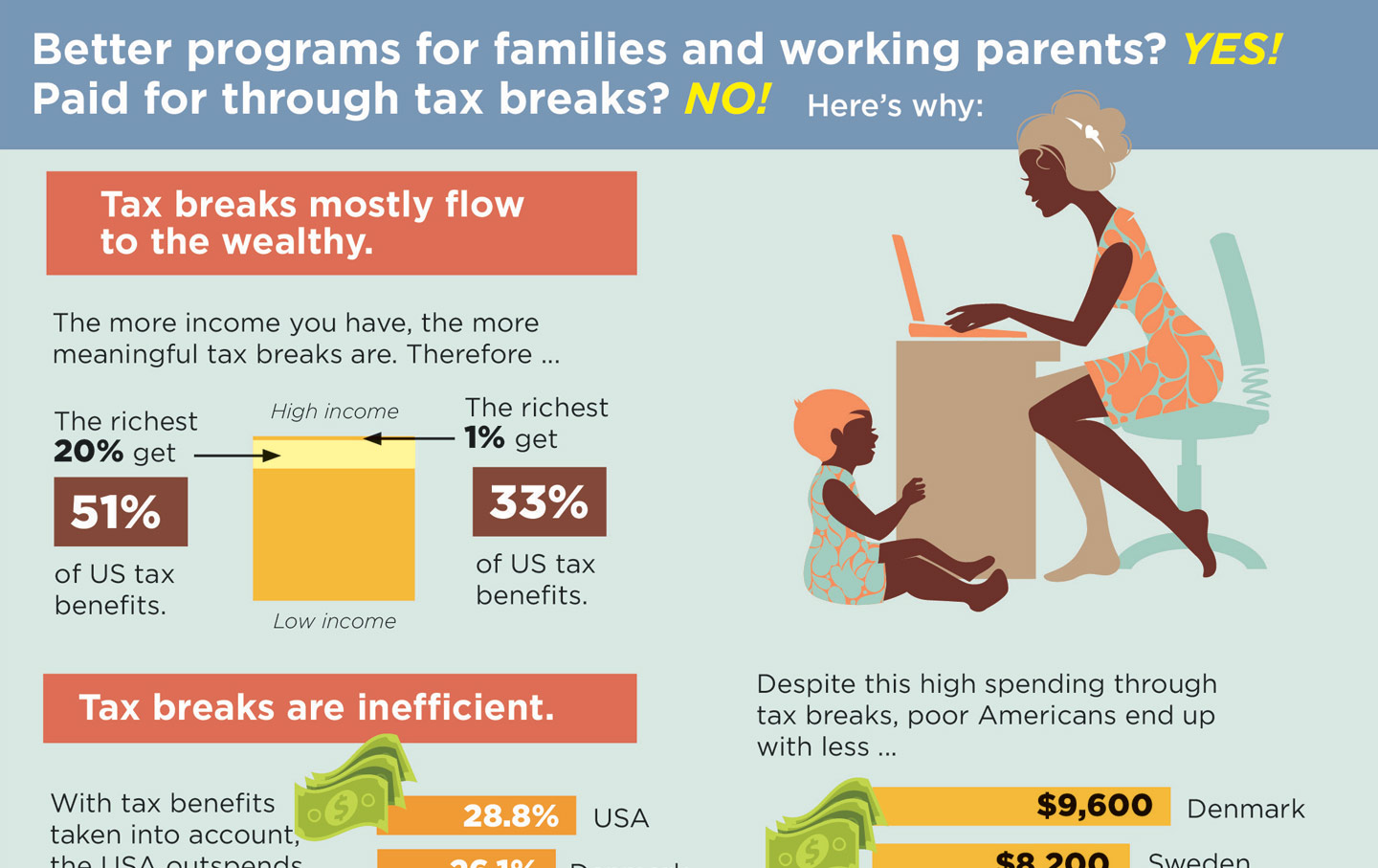
You’ll Definitely Guess How Republicans Want to Pay for Childcare You’ll Definitely Guess How Republicans Want to Pay for Childcare
Tax breaks for childcare will be a disaster. Luckily, we know a better way.
Apr 14, 2015 / Bryce Covert
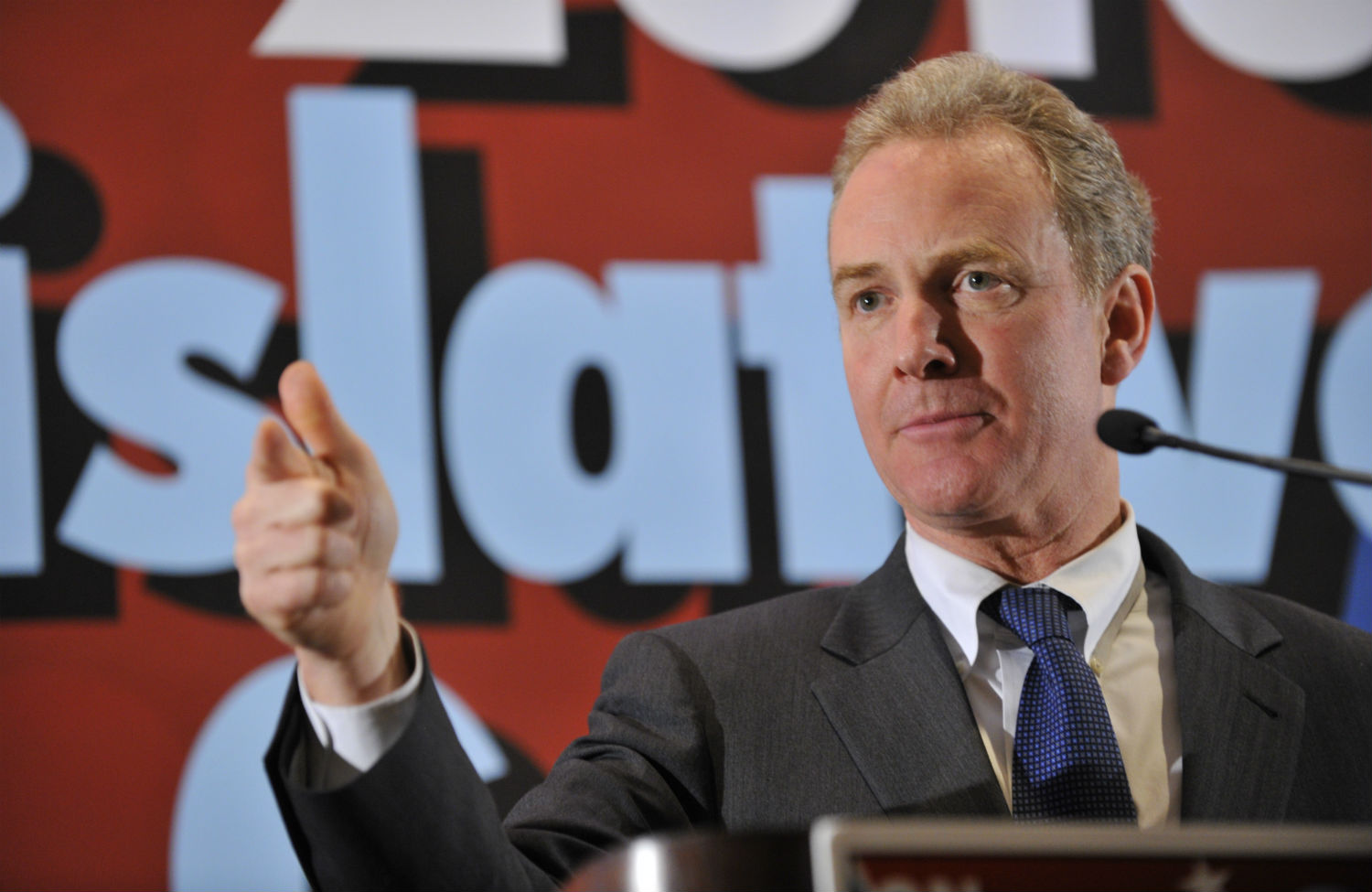
Breaking: Leading House Democrat Will Oppose TPP Fast Track Breaking: Leading House Democrat Will Oppose TPP Fast Track
As trade legislation finally proceeds to a vote, a top Democrat announced he cannot support fast-track authority.
Apr 14, 2015 / George Zornick
